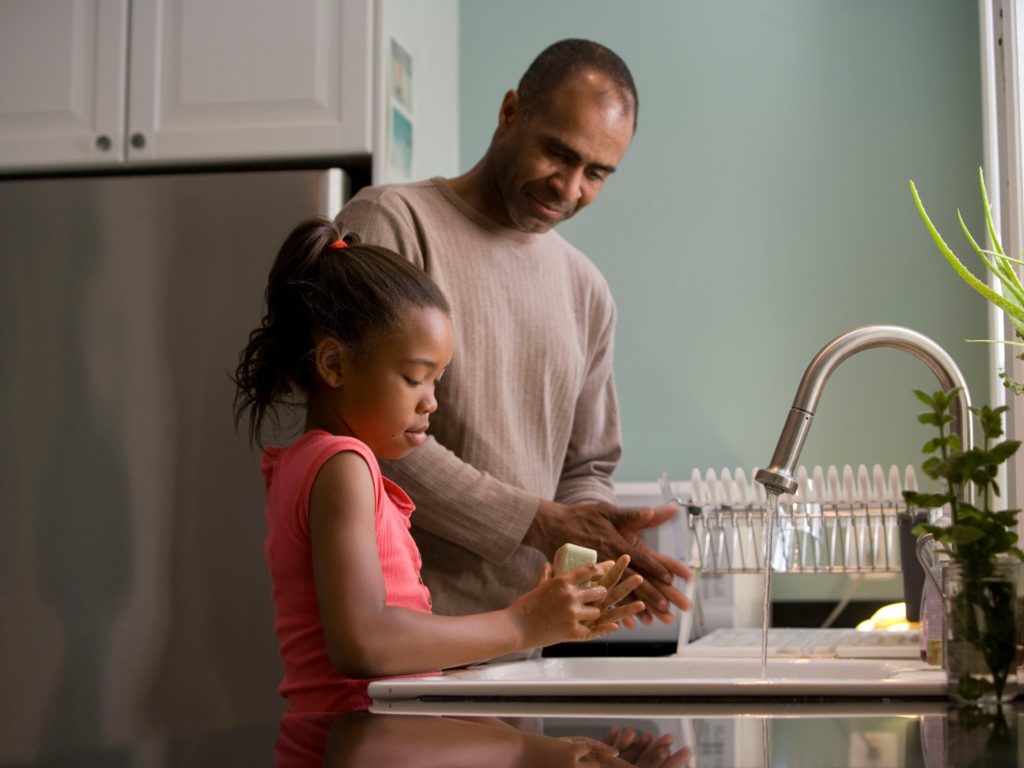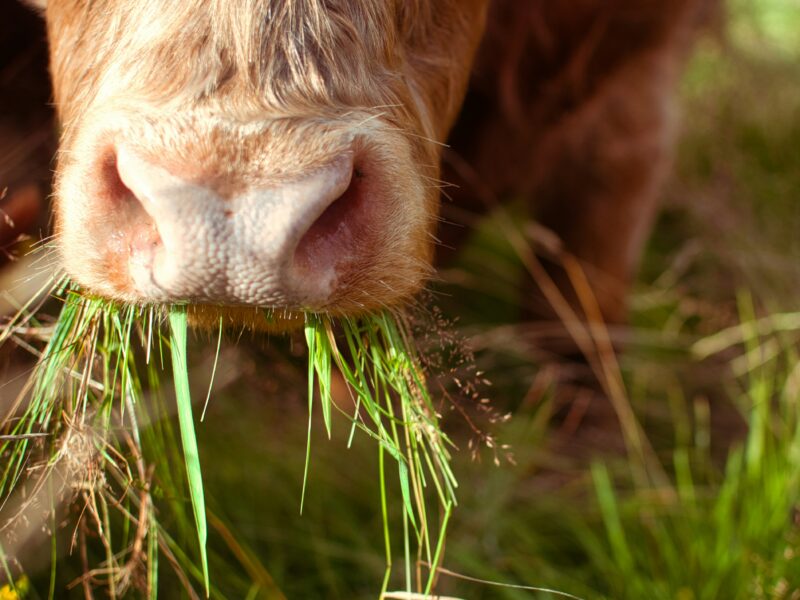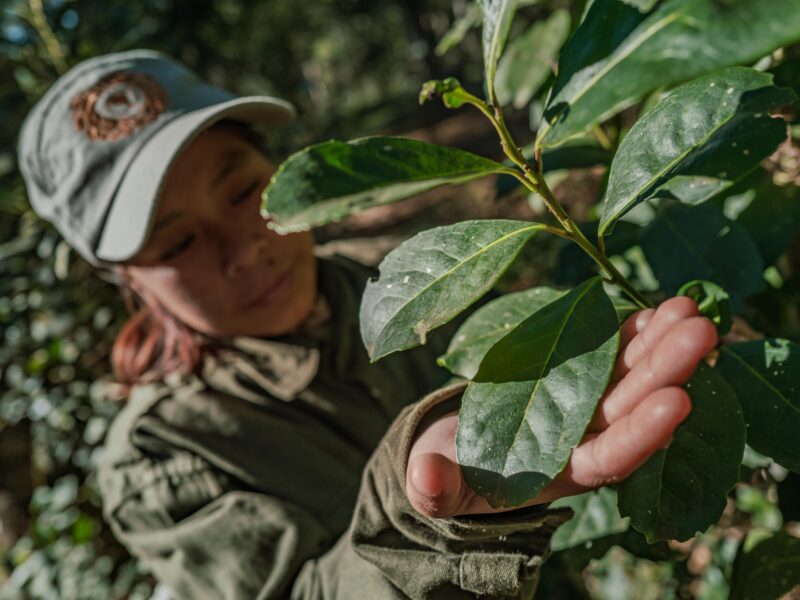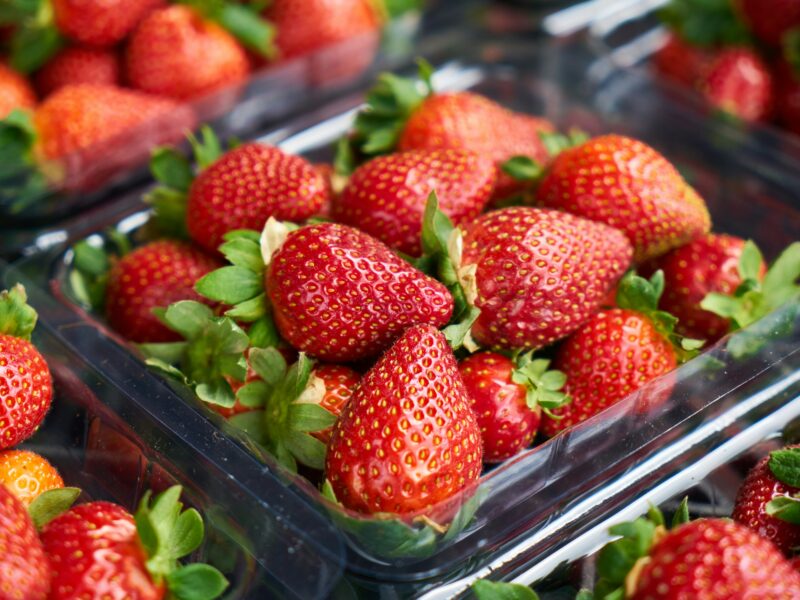Skip the Chemicals In 2021!
Happy New Year! 2021 is providing us all with a fresh start to commit to making this our healthiest year ever. If you’re already an organic shopper, it’s likely you’re no stranger to the importance of eating organic, but today we are providing you with a road map to skipping the chemicals in all areas of your life.
In this blog, we take you through skipping not just the chemicals in your diet but also those hiding in your home. Take advantage of the freshness of the new year and embrace some healthy organic swaps in your home, using our recommendations below.
Kitchen
There are hundreds of reasons to choose certified organic – including the positive health effects studies connect to eating organic, which don’t contain the more than 700 chemicals used in conventional food production.
Studies link eating organic to a variety of beneficial health effects – especially important during a pandemic. New research from Friends of the Earth showed that switching to an organic diet decreased levels of cancer-causing glyphosate – the main ingredient in Bayer-Monsanto’s pesticide Roundup – by 70 percent in participants’ bodies in just one week.
There are numerous studies linking chemicals used in conventional food production to health-related problems and diseases. One study found that exposure to fungicide, herbicide, and insecticide cocktails can lead to DNA damage and elevated blood cell death Pesticide exposure has also been associated with depression and the development of Parkinson’s disease.
If you haven’t already made the swap to certified organic food products, we have numerous brand supporters with excellent products here. There is a healthy swap for every one of the familiar conventional products you use. It’s a great time to commit to skipping the chemicals and choosing organic food instead.
During the winter, it can be challenging to find organic produce in certain areas. To help you find them, we’ve identified some organic produce delivery services:
In addition to improving your diet, you can also upgrade your kitchen by using healthy cleaning products and tools.
Did you know many home cleaning products are not regulated and contain dangerous chemicals? If you use a product with claims of being a disinfectant or antibacterial, it likely contains a pesticide or chemical of concern. Toxic cleaning products and air fresheners also add to poor indoor air quality. According to EWG, “inhalation of airborne particles is linked to coughs and respiratory irritation, as well as more serious long-term consequences, including lung disease and cancer.” Lastly, these chemicals don’t just harm us but also get into our waterways and harm the environment and wildlife as well.
A healthy swap to freshen the air in your home is to invest in an air purifier, remove harmful chemical cleaners, and diffuse some essential oils. Learn more about the organic and natural products we recommend swapping out for cleaning your kitchen below.
Bathroom
The bathroom is one of the most toxic rooms in the house because it’s where most chemical-laden products are used. From cleaning products to self-care products, the end result can be anything but clean.
Studies show that cleaning with toxic chemicals can have adverse health consequences, like lowered immunity and antibiotic resistance. According to the Food and Drug Administration, there isn’t enough science to show that over-the-counter antibacterial soaps are better at preventing illness than washing with plain soap and water.
You might think that anything sold on the cosmetics or self-care aisle is safe, and that’s a common assumption, but it’s far from accurate. The FDA regulates personal care and baby care products and cosmetics, but it doesn’t require long-term safety studies or pre-market testing for most ingredients used in the products. Highly toxic ingredients are added to products without strict oversight, and many chemicals are dangerous carcinogens.
Why does this matter? Up to 60 percent of what you apply to your skin makes its way into your bloodstream, so choosing safe products is important. But the cosmetics industry has only 30 toxic substances banned in the U.S., compared to 1,500 in Europe and 500 in Canada. Legislation to change this remains stalled in Congress. In fact, laws haven’t been updated in 80 years! Thankfully our friends at EWG are leading the charge for stricter regulations and more transparency in the personal care product industry. You can learn more about their efforts and how to get involved here.
If you’re unsure about what is hiding in your personal care products, use EWG’s Skin Deep® cosmetics database to identify chemicals of concern and swap out the most toxic. Organic and natural personal care products are becoming more available across the U.S. If you’re unable to find them locally, you can shop online at The Detox Market.
Laundry Room
The harsh chemicals in cleaning products are also used in laundry detergents, and they can end up in our waterways. In some instances don’t biodegrade for decades. Specific contaminants leading to water pollution include a wide range of chemicals, such as bleach.
But there are healthy solutions for getting stains out of your favorite shirt and ensuring your whites stay white – without the use of toxic detergents. See our safe cleaning products section below.
Take a look at what your shirt is made out of. Is it a natural fiber or a synthetic fabric? This is an area that typically catches our audience by surprise, one we highlighted in our organic textile guide here and our interview with Eco-Fashion founder Marci Zaroff here.
When you launder synthetic clothing, plastic particles can wash off and contribute up to 35 percent of the plastic that is polluting our oceans. Every time we do our laundry, an average of 9 million microfibers are released into wastewater that treatment plants cannot filter. Microfibers have been found in fish, plankton, chicken, sea salt, beer, and honey, and in tap as well as bottled water. We also breathe in these plastic particles, due to fiber loss from our carpets, curtains, and other textiles.
When you swap conventional cleaning products, along with synthetic clothing, for organic, you’re casting a vote for a healthy sustainable environment, healthy farmers, factory workers, and your own health as well.
Bedroom
When people think of organic, they tend to associate it most with food, not necessarily textiles or other products. That does not mean organic textiles should be overlooked! It is just as important to prioritize the things you sleep in and on since it’s estimated you spend one-third of your life in bed.
Any crop used in organic textiles must comply with organic regulations, just like any organic food product. Organic clothing may be composed of cotton, jute, silk, ramie, or wool. Cotton is used in many bedroom products, from bedding to pajamas. It is one of the oldest crops in the world but became more prevalent around the 19th century, with the industrialization of textiles. Today, more than a third of all textiles are made of cotton.
Organic cotton is regulated as a textile, even though a small percentage of the crop ends up in foods. But because it’s not considered a food crop, this means the conventional cotton crops are heavily sprayed with toxic chemicals and synthetic conventional agricultural inputs. But it’s not just pesticides – currently, 88 percent of U.S. cotton acres are planted with genetically engineered, insect-resistant seeds.
The good news is that organic beds, bedding, and sleepwear are easier to locate, thanks to consumer demand. Here are our organic recommendations for the bedroom:
- Organic mattresses are growing in popularity and thus becoming more affordable. One of our brand partners is Naturepedic, founded by organic pioneer Barry A. Cik. Learn more about Barry and Naturepedic here.
- Organic sheets and bedding are easy to find, from online brands to big box stores like Costco and Target. Here are some options for organic sheets and bedding: Pact, Farm To Home, Grund, Coyuchi and Delilah Home.
- Organic sleepwear is also a great item to swap! Our organic picks for sleepwear come from Pact, Farm To Home, Grund, Coyuchi, Delilah Home, and Yes And.
Safer Cleaning Products To Use
As we’ve pointed out, there are numerous chemicals of concern in cleaning products. To make your home healthier, we’ve come up with solutions that will help you clean your home without harsh chemicals:
- One of our brand partners, Dr. Bronner’s, has an excellent multipurpose cleaner called Sal Suds, which can be used to clean dishes, floors, laundry, and more. Dr. Bronner’s also received an A in EWG’s Guide to Healthy Cleaning.
- If you’re looking for a product that cuts down on the plastic waste concerns of store-bought cleaning products, try Branch Basics concentrate and refillable glass bottles. The company’s starter kit contains one solution that will take care of your laundry, dishes, floors, windows, and even your bathrooms. What’s more, they work!
- Seventh Generation is also a great brand that gets top honors in many of EWG’s Green Cleaning Products categories.
- If you would like to make your own multipurpose cleaner, clean your surfaces using a mix of a half-cup of organic vinegar with 3 cups of filtered water and 6 drops of organic essential oil.
- You can also search EWG’s Top Green Cleaning Products to find the perfect match for all your cleaning needs.
Wardrobe
It makes sense that what we put in our bodies matters. What we choose to put against it matters just as much – or more.
Our skin is our largest organ and primary organ for absorption. It’s not just about avoiding the toxic chemicals that conventional textiles contain – synthetic pesticides and herbicides, formaldehyde, heavy metals, and chlorine bleach, not to mention petrochemicals used to produce polyester, nylon, and acrylic. The positive impacts of choosing certified organic extend far beyond the closet.
As we discussed in the bedroom swaps, you’ll want to look for organic clothing and cotton that carries the Global Organic Textile Standard (GOTS) certified label. In order for a product to be labeled with the GOTS seal, it must be made from a minimum of 70% organic fiber. In addition, a certified organic textile product must meet stringent milling, processing, dyeing/printing, and labor standards. Low-impact dyes and inks must be used, wastewater treatment must exist onsite, and workers are ensured safe working conditions and a living wage.
If you’re new to eco-fashion, don’t worry, we pulled together the names of some supporting brand partners that carry GOTS-certified organic clothing, including:
Make a healthy commitment to your home, wardrobe, and diet by skipping the chemicals and just going with organic in 2021.
If this blog piqued your curiosity and you’re ready to make the switch, let us know on social media and tag us in your organic swaps. Happy New Year!









